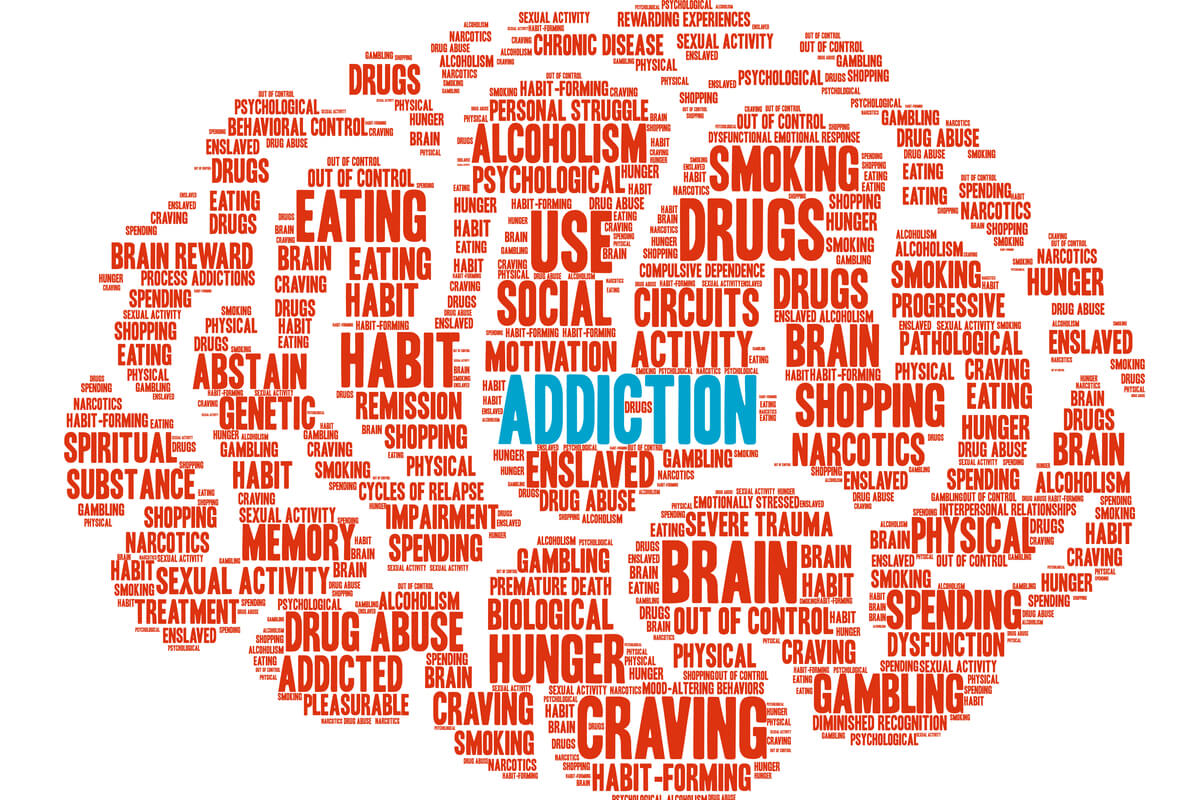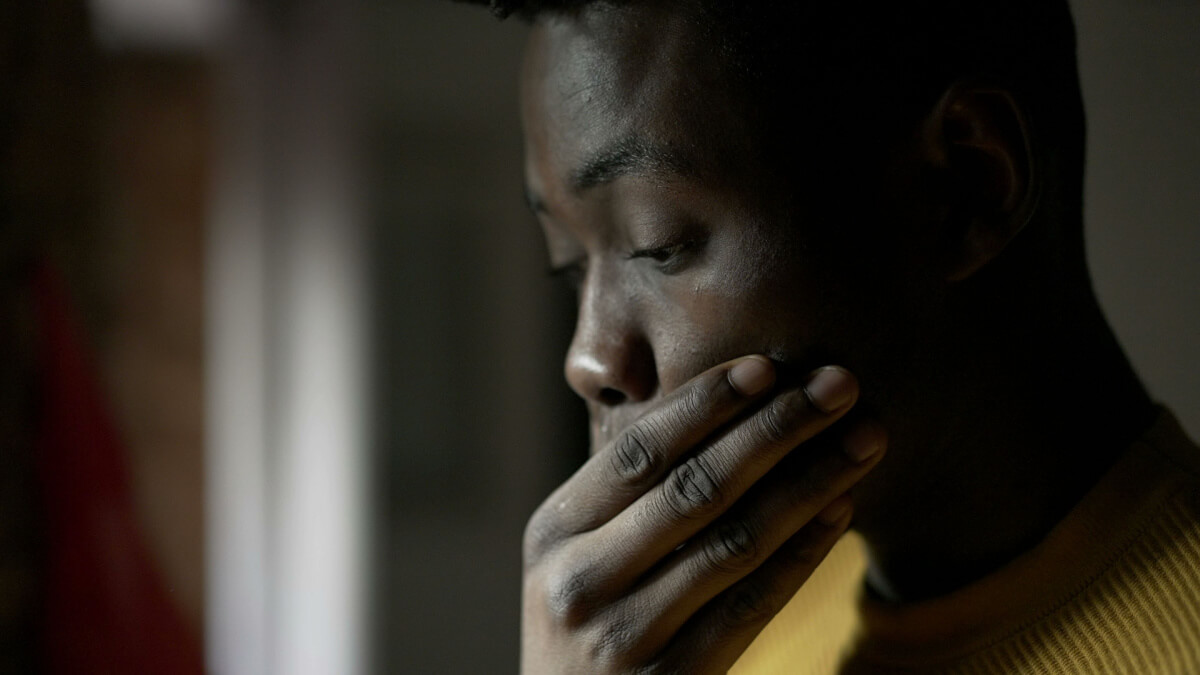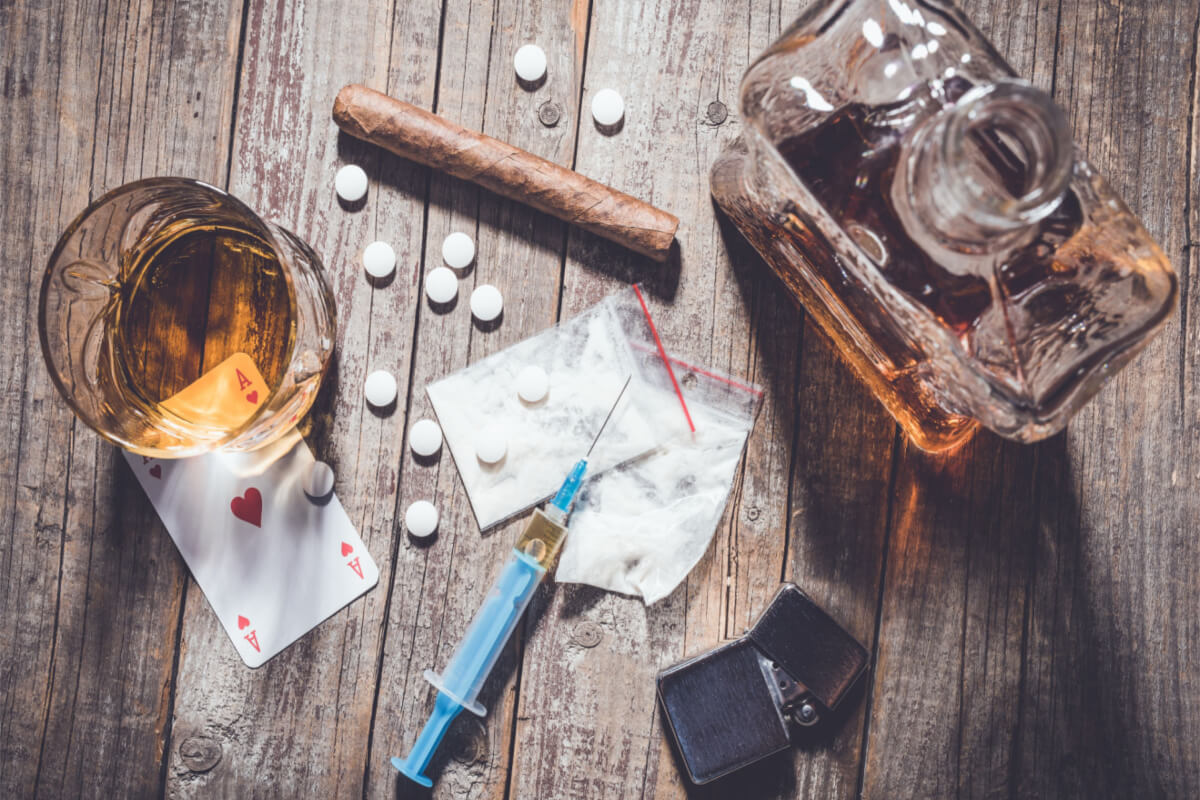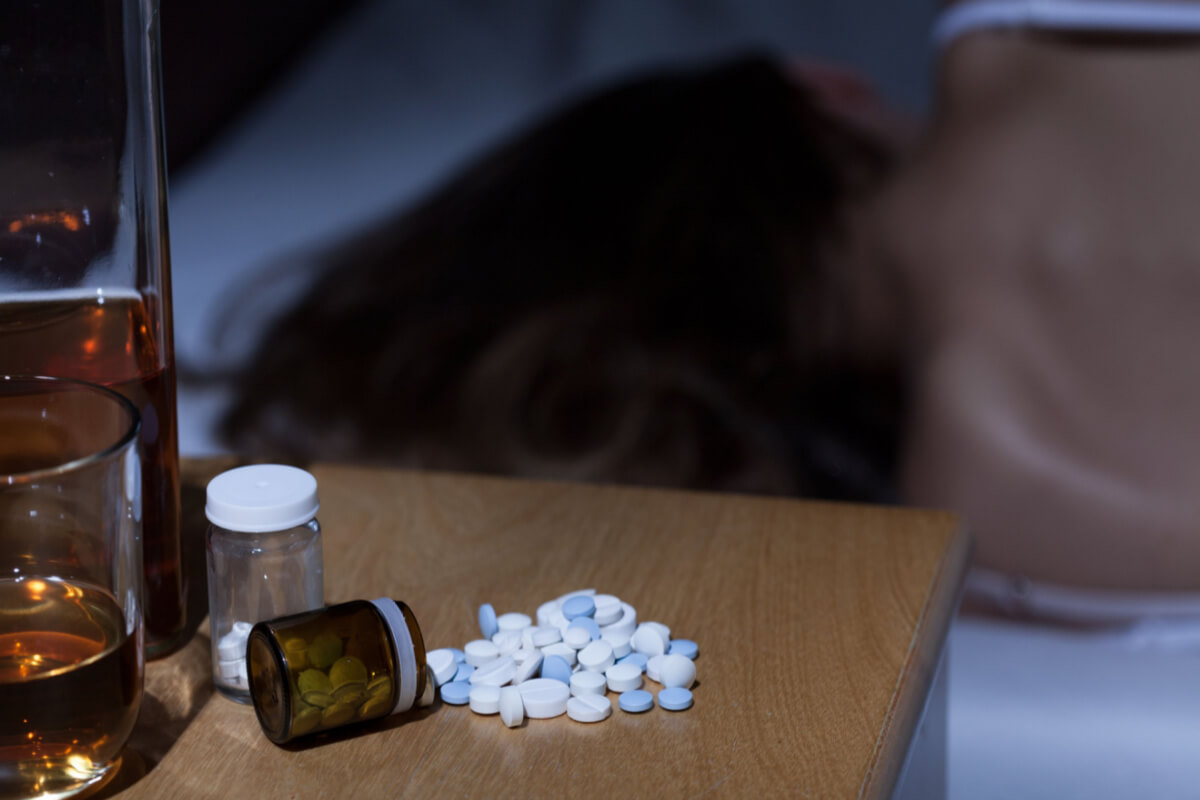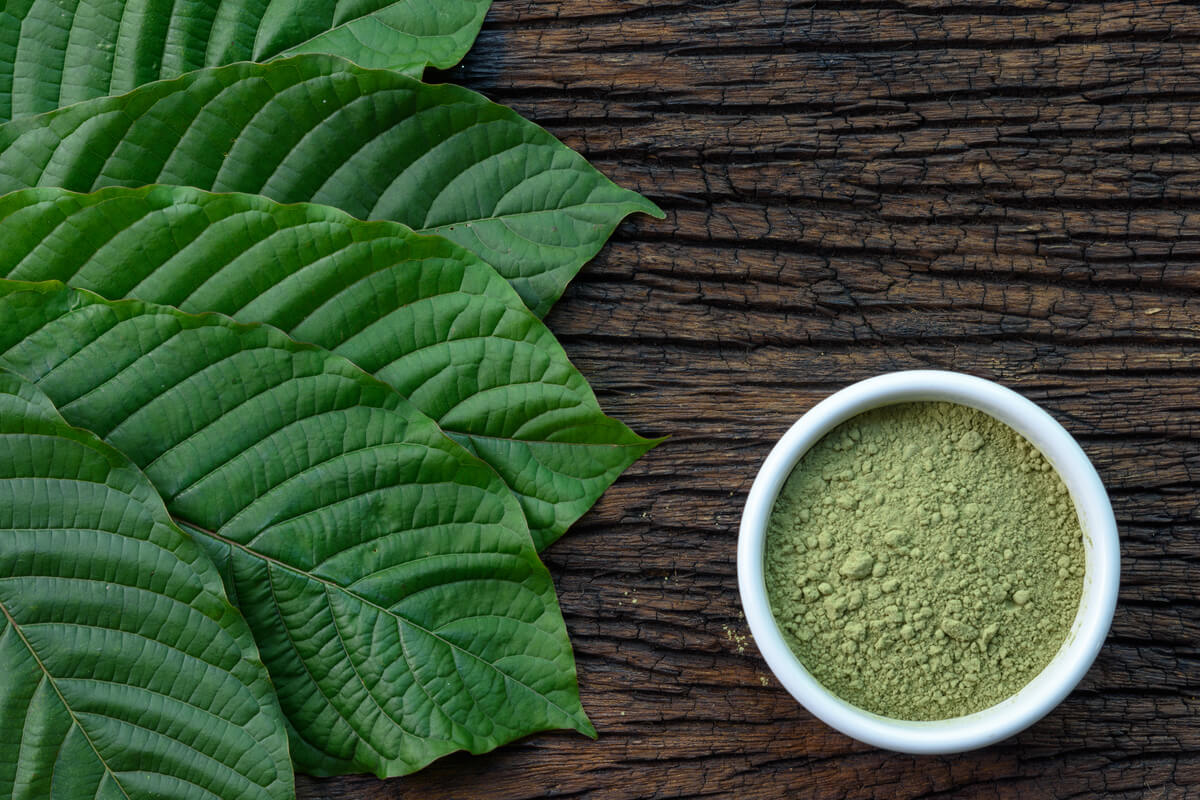
Up to half of all people with schizophrenia have a substance use disorder, and more than 70% are dependent on nicotine.[1]
People with schizophrenia have varied reasons for substance use. But all can get better through treatment programs that address both mental health and addiction simultaneously.
What Is Schizophrenia?
Schizophrenia is a chronic brain disorder that affects virtually every area of life. It leads to psychosis.
An estimated 24 million people worldwide live with schizophrenia.[2] They may see or hear things others can’t, and they may struggle with conversation, focus and mood regulation. Symptoms include delusions, hallucinations and disorganized thinking, among others.
Causes of Schizophrenia
The precise cause of schizophrenia is unknown, but it is believed that various genetic, environmental, physical and psychological factors contribute to its development. The biggest risk factor is a family history of schizophrenia.[3]
It’s believed that people likely inherit various genetic risk factors that interact with environmental factors to trigger the disorder. For example, in someone who is genetically prone to schizophrenia, a traumatic event could trigger a psychotic episode.
The Connection Between Schizophrenia & Addiction
People with schizophrenia may use substances for many different reasons. Some of the common reasons include the following:
Symptom Relief
Life with untreated schizophrenia is filled with unusual sights and sounds. People with this mental illness may know that their hallucinations aren’t real, but they may still be frightened or disturbed by them.
People with schizophrenia may use substances to reduce feelings of anxiety from hallucinations or delusions associated with their mental health condition.[4]
Medication Side Effects
Prescription medications used to treat schizophrenia cause unwelcome side effects. Though taking these medications can help people stay in control of their mental health condition, they may struggle with the side effects associated with the psychotropic medications used to treat schizophrenia.
Some researchers suspect patients may use substances like nicotine or alcohol to address side effects of their medications, though evidence for this theory is limited.[5]
Genetic Predisposition
Addiction and schizophrenia are very different, but the problems both arise from the brain. Researchers believe the same genes that can make someone vulnerable to substance use disorder (SUD) might be responsible for schizophrenia too, although this has certainly not been proven in all cases.[6] If this theory is correct, people with schizophrenia may be more genetically susceptible to substance use disorders than the general population.
Substances as a Trigger for the Development of Schizophrenia
It is not known the root causes of schizophrenia, but there is a fair amount of research that suggests that substance use can be the trigger to developing a new onset of schizophrenia in people who are vulnerable. For example, some studies have shown that drugs like marijuana can be the precipitator of a first psychotic episode, which then results in persistent mental illness.[7]
For some people, drug use may be partially responsible for the onset of schizophrenia symptoms.
Treatment for Schizophrenia & Addiction
People with both schizophrenia and SUD can recover. While healing is different for each person, experts say someone can consider themselves in recovery or in remission when they meet these criteria:[8]
- Keep their schizophrenia symptoms under control
- Don’t misuse substances
- Live independently
- Have a job or another means of giving back to society
- Connect with friends and family
- Have a good quality of life or a life with meaning/purpose
A typical treatment plan for SUD involves several elements like these:[9]
- Early addiction treatment: Medications and time help ease the transition into sobriety. Some people need help in inpatient facilities, while others can follow treatment plans at home. An assessment from a treatment professional helps to determine how treatment begins for an individual.
- Medications: Schizophrenia therapies soothe brain chemical imbalances. Prolonged misuse of some substances, including opioids and alcohol, causes brain cell imbalances that respond to medications.
- Psychotherapy: People learn how to change the way they think and respond in one-on-one and group therapy sessions. This is where much of the work of addiction treatment takes place.
- Support groups: Connect with others in recovery and learn how they manage schizophrenia and substance misuse. This can often be the foundation of a support network in recovery.
- Supportive housing: Sober living homes and similar facilities give people a place to recover with fewer relapse pressures.
It takes time to recover from SUD and schizophrenia. There is no cure for either condition, but both can be managed for life. With the right treatment program, you can get better.
Schizophrenia & Addiction FAQs
Do people with schizophrenia have higher rates of substance misuse?
People with schizophrenia are 4.6 times more likely than the general population to have a substance misuse diagnosis.[1] The reasons for this are not fully understood but may involve a combination of genetic and environmental risk factors.
What substance use disorder is most common with schizophrenia?
People with schizophrenia most often misuse nicotine, followed by alcohol, cocaine and cannabis.[2]
How does alcohol affect a person with schizophrenia?
Long-term alcohol misuse can cause a withdrawal syndrome that is characterized by hallucinations. People with schizophrenia may confuse their withdrawal symptoms for schizophrenia symptoms.
Does drug use cause schizophrenia?
Not exactly, no. While it is not thought that drug use alone directly causes schizophrenia, drug use has been known to be the precipitating factor to a first psychotic episode in many patients who then later develop persistent schizophrenia. Drug use alone is not the cause, but if present, it may increase the likelihood that someone who is already genetically at risk to develop schizophrenia will actually start to display symptoms of the condition.
Why do people with schizophrenia misuse substances?
The reasons are variable. Some people with schizophrenia attempt to self-medicate negative symptoms of the disorder. For example, they may take drugs or drink alcohol in an effort to offset some of the depressive symptoms of schizophrenia. They may use substances for stress relief associated with the hallucinations or delusions that are associated with the condition. And they may simply have more of a genetic predisposition for a substance use disorder than the general population.

By Peter Manza, PhD
Peter Manza, PhD received his BA in Psychology and Biology from the University of Rochester and his PhD in Integrative Neuroscience at Stony Brook University. He is currently working as a research scientist in Washington, DC. His research focuses on the role ... Read More
- Substance Abuse in Patients with Schizophrenia. Dialogues in Clinical Neuroscience. https://www.ncbi.nlm.nih.gov/pmc/articles/PMC3181760/. March 2006. Accessed March 2023.
- Schizophrenia. World Health Organization. https://www.who.int/news-room/fact-sheets/detail/schizophrenia. January 2022. Accessed March 2023.
- Schizophrenia. BMJ. https://www.ncbi.nlm.nih.gov/pmc/articles/PMC1914490/. July 2007. Accessed March 2023.
- Reasons for Illicit Drug Use in People With Schizophrenia: Qualitative Study. BMC Psychiatry. https://bmcpsychiatry.biomedcentral.com/articles/10.1186/1471-244X-10-94. November 2010. Accessed March 2023.
- Problematic Drug Use Among Outpatients with Schizophrenia and Related Psychoses. Frontiers in Psychiatry. https://www.frontiersin.org/articles/10.3389/fpsyt.2021.762988/full. October 2021. Accessed March 2023.
- The Link Between Schizophrenia and Substance Use Disorder: A Unifying Hypothesis. Schizophrenia Research. https://www.ncbi.nlm.nih.gov/pmc/articles/PMC6094954/. April 2019. Accessed March 2023.
- Cannabis Use and Age at Onset of Schizophrenia. American Journal of Psychiatry. https://pubmed.ncbi.nlm.nih.gov/14992976/. March 2004. Accessed March 2023.
- Schizophrenia and Substance Use. Schizophrenia Society of Canada. https://www.schizophrenia.ca/docs/SSC_for_Consumers.pdf. Accessed March 2023.
- Substance Use Disorders. National Alliance on Mental Illness. https://www.nami.org/About-Mental-Illness/Common-with-Mental-Illness/Substance-Use-Disorders. May 2020. Accessed March 2023.
Download Our Free Program Guide
Learn about our program, its effectiveness and what to expect
Related articles
Imagine what’s possible on the other side of opioid use disorder.
Our science-backed approach boasts 95% of patients reporting no withdrawal symptoms at 7 days. We can help you achieve easier days and a happier future.

